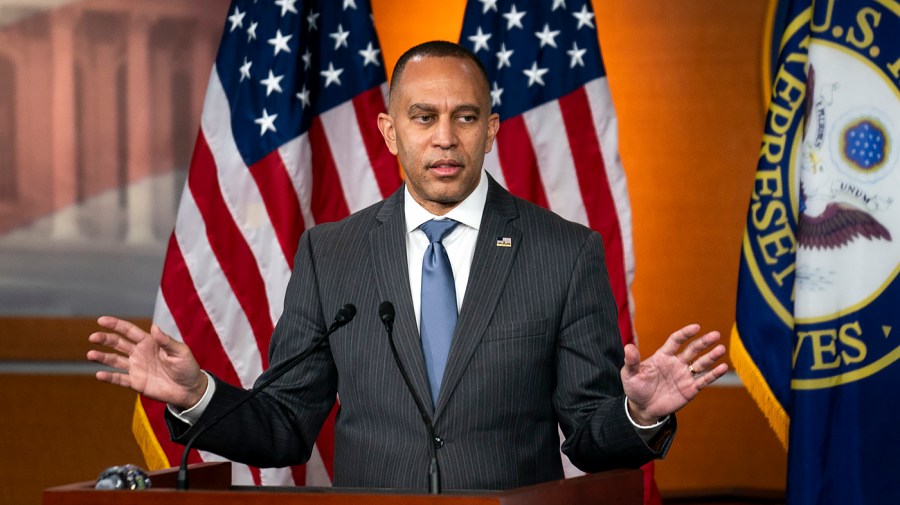
After the 2008 election, Republicans in Congress were faced with an identity dilemma. President Barack Obama had been elected on wave of popularity. House Democrats added 24 seats, growing their majority to 257. With the resounding defeat of the McCain-Palin ticket, Republicans were rudderless, without a clear leader.
I was the spokesperson for Rep. Darrell Issa (R-Calif.) at the time, who had just been named the ranking member of the House Oversight Committee — then considered a “C” committee. With little to no legislative jurisdiction over anything, there were few special interest groups lobbying the committee, meaning it isn’t a “money committee” like Energy and Commerce, Ways and Means or Appropriations.
Rep. John Boehner (R-Ohio), the Republican Leader at the time, told Darrell that we needed to change things, that the Republicans were no longer in the policymaking business, but in the communications business and we should structure our committee accordingly. We did just that.
We built our committee around the communications office. Everything we did, every action we took, was designed to drive the public narrative. We were focused, disciplined and relentless. We recruited members to join the committee that would bolster our communications efforts. They might have been the members that gave leadership the biggest headaches, but they were exactly the kind of members we wanted.
Reps. Jim Jordan (R-Ohio), Jason Chaffetz (R-Utah), Trey Gowdy(R-S.C.), Mark Meadows (R-N.C.), Patrick McHenry (R-N.C.), James Lankford (R-Okla.) and Mick Mulvaney (R-S.C.) became fixtures of cable news and inside-the-beltway publications. All of them would expand their profiles and grow their influence in the years to come — some as chairmen themselves, others as senators, members of the Republican leadership, cable news pundits and Trump chiefs of staff.
We were in the minority, with no end in sight. Yet born from that time were the foundational pieces that would come to dominate the Republican Party up to the present day.
Democrats in 2025 find themselves in a similar position as Republicans did when Obama took office. They’re coming off an election in which Republicans gained ground with a number of constituencies upon whom Democrats had relied to win in 2020. Democrats have no obvious standard-bearer now, and so it falls on the shoulders of the Minority Leader Hakeem Jeffries to lead them out of the wilderness. And like the Republicans in 2009, Democrats need to embrace the reality that, from this point forward, they are in the communications business, not the policymaking business.
Winning the policy argument is irrelevant. Being “right” is irrelevant. Trump being “wrong” is irrelevant. What matters is unifying around a message that can cut through all the clutter and noise and actually reach Americans where they are, where they live.
There is a story to be told, an American story, in which there are winners and losers, heroes and villains. In this story, a select few get ahead, and the rest get left behind. In this story, the rich get richer, and everyone else is told to do more with less. In this story, one group of people is driven by greed and selfishness, and the other is instructed to deal with it and stop complaining.
For Democrats to regain their footing and rebuild their relationship with the voters, they must commit to telling that story in a compelling and relatable way — every single day.
Kurt Bardella is a NewsNation political contributor and a former spokesperson and senior advisor for House and Senate Republicans. Also follow him @KurtTakes.












